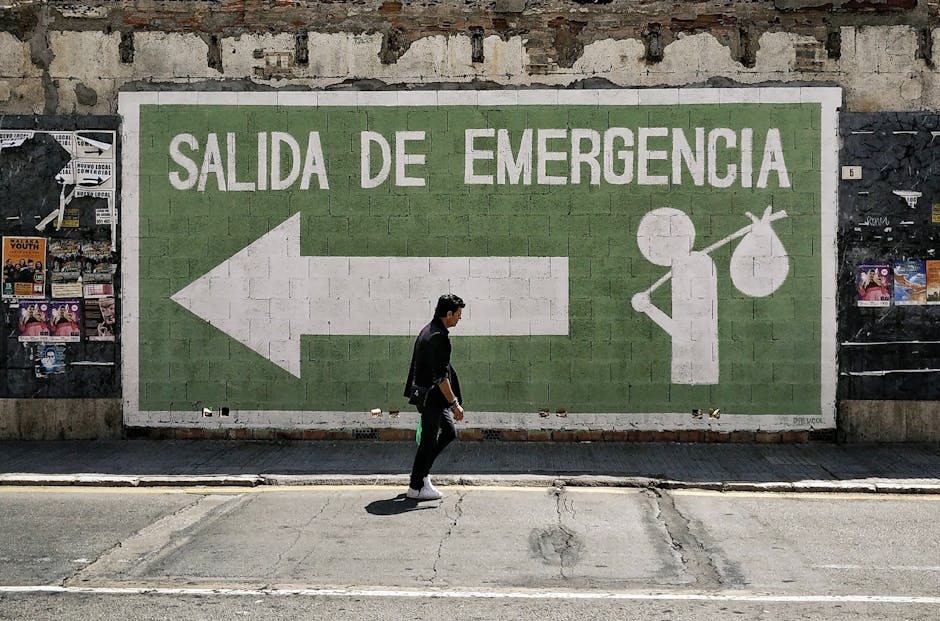A Promise of Unity, A Reality of Division
The G20, particularly after India’s momentous presidency last year, was meant to be a beacon of multilateralism—a forum where the world’s most powerful economies would collectively steer the ship through the turbulent waters of economic instability and climate change. The spirit of Vasudhaiva Kutumbakam—One Earth, One Family, One Future—was supposed to set the agenda. Yet, as the world’s problems mount, a familiar pattern is emerging where the U.S. plays spoiler at the G20 as global inequality spikes, prioritizing its own interests over collective action.
While the Global South grapples with a perfect storm of debt distress, crippling inflation, and the devastating impacts of climate change, Washington’s actions seem disconnected from this grim reality. The widening chasm between the world’s richest and poorest is not just a statistic; it’s a crisis that demands urgent, unified leadership. Instead, we are witnessing a masterclass in deflection.
A Geopolitical Chess Match Over Debt Relief
Let’s start with the most pressing issue for dozens of developing nations: debt. The G20’s Common Framework for Debt Treatments was designed to offer a lifeline, but its implementation has been agonizingly slow. Rather than treating debt relief as a humanitarian imperative, the U.S. has consistently framed it as a geopolitical rivalry with China, focusing more on assigning blame for lending practices than on forging a swift path to relief.
For countries forced to choose between paying foreign creditors and funding hospitals or schools, this geopolitical chess match is a death sentence. By delaying meaningful restructuring, the U.S. approach effectively holds the economic future of vulnerable nations hostage, worsening the very inequality the G20 aims to address.
The Glaring Hypocrisy of Climate Finance
Then there is the glaring hypocrisy on climate finance. The developed world’s long-unfulfilled promise to provide $100 billion annually to help developing nations adapt and transition is a sore point that undermines all trust. As the largest historical emitter, the U.S. bears a profound responsibility.
Yet, it continues to push for universal commitments from all nations while failing to adequately meet its own financial obligations. This stance ignores the fundamental principle of common but differentiated responsibilities. It’s easy to demand ambition from New Delhi or Jakarta when you’re sitting in Washington, having already built an economy on a century of fossil fuels. For the Global South, this isn’t just a negotiation tactic; it’s an existential threat being met with hollow rhetoric.
‘America First’ Policies Undermine Global Cooperation
Perhaps most tellingly, the U.S. has pivoted towards a new brand of economic nationalism that flies in the face of the G20’s cooperative ethos. Policies like the Inflation Reduction Act, with its massive domestic subsidies, are thinly veiled protectionism. While aimed at boosting American manufacturing and green technology, they risk triggering a global subsidy race, distorting trade, and shutting out emerging economies from the very green supply chains they are being encouraged to join.
The message is clear: a “rules-based order” is paramount, but only when the rules favour Washington.
The Cost of Obstruction: A G20 Divided
The G20 cannot function as the world’s premier economic steering committee if its most powerful member is rowing in a different direction. By blocking progress on debt relief, short-changing climate finance, and erecting protectionist walls, the U.S. is not leading; it is obstructing. It is playing the role of a spoiler at a time when the world desperately needs a saviour. The spirit of New Delhi was about building bridges, not walls. As global inequality reaches a breaking point, the world is watching, and the patience of the Global South is wearing thin.




